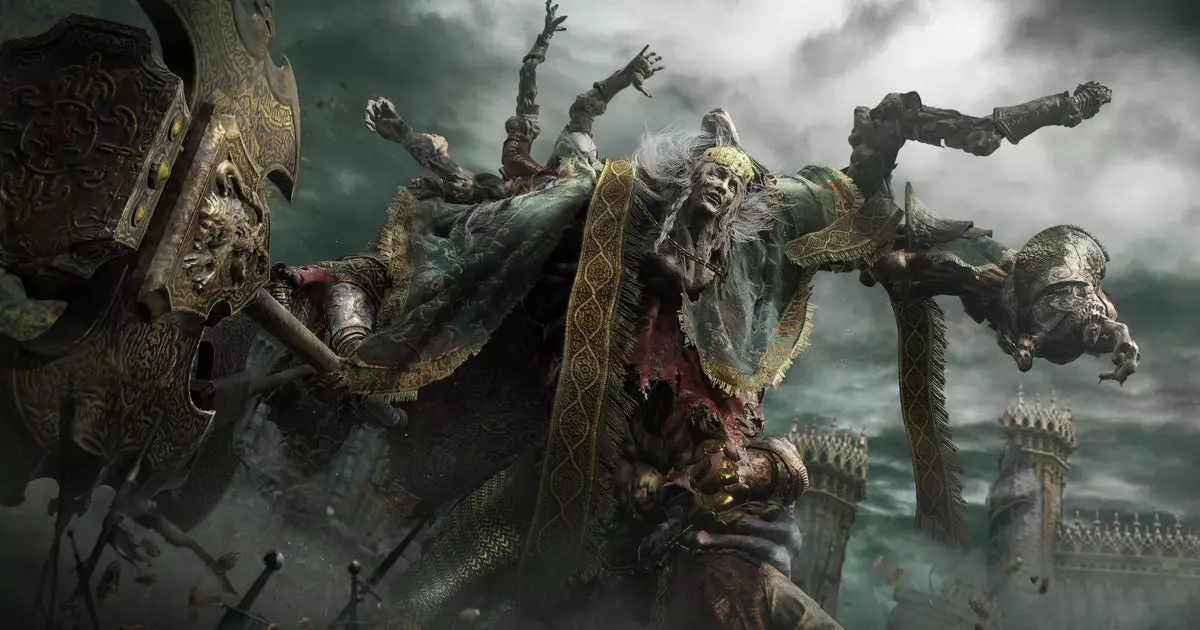In recent years, the gaming industry has witnessed a significant trend towards consolidation, where larger entities assimilate smaller companies to build extensive portfolios. The potential acquisition of Kadokawa by Sony is a prime example of this phenomenon. This move highlights not only the economic motivations driving these deals but also the strategic implications for both companies and the gaming landscape as a whole. The allure of acquiring Kadokawa lies in its extensive collection of beloved franchises and valuable intellectual properties, which could significantly enhance Sony’s offerings in the gaming sector.
Kadokawa is home to various high-profile franchises such as From Software’s acclaimed “Dark Souls” series and the hit game “Elden Ring.” Moreover, the parent company boasts a range of other popular titles, including the “Danganronpa” series and “Octopath Traveler,” both of which have carved out significant fan bases. The prospect of owning such influential titles would allow Sony to bolster its game portfolio and integrate these properties into its ecosystem. However, this reliance on existing franchises also comes with the risk of stagnation, where creativity may take a backseat to the pursuit of familiar cash cows. As audiences evolve, companies must continually innovate rather than rest on their laurels.
The acquisition of Kadokawa could place Sony in a compelling position to negotiate exclusives. The potential to make future “Dark Souls” or “Elden Ring” sequels exclusive to PlayStation could be tempting for Sony, yet it runs counter to the current industry trend of limited-time exclusives. Today’s gamers demand accessibility across multiple platforms, and the recent growth of PC gaming has further blurred the lines. While exclusive titles can drive console sales in the short term, neglecting the broader audience may alienate fans who prefer other systems. Sony’s decision-making in this area will be closely watched by industry analysts and gamers alike.
Challenges Ahead: The Past Haunts the Future
Kadokawa’s recent struggles, including a cyberattack that disrupted its operations, may pose challenges for an incoming owner like Sony. Despite recovering relatively well, the incident served as a stark reminder that the gaming industry is not just about creative output—it’s also about securing robust operational frameworks. With 26 projects currently in development, managing these under a new corporate structure could be a daunting task. Additionally, potential quality assurance and internal culture clashes may arise as the acquisition unfolds, making it imperative for Sony to plan and execute a thoughtful integration strategy.
Sony’s desire to acquire Kadokawa marks a significant maneuver in the ongoing game of corporate chess within the industry. By targeting a company rich with gaming and media properties, Sony could assume an influential role in shaping the future of entertainment. However, it remains to be seen whether this acquisition will breathe new life into their offerings or risk being another cog in the wheel of corporate consolidation. As both companies navigate this potential alliance, stakeholders from developers to gamers will be keenly observing how this new phase unfolds in the ever-evolving gaming industry.


Leave a Reply